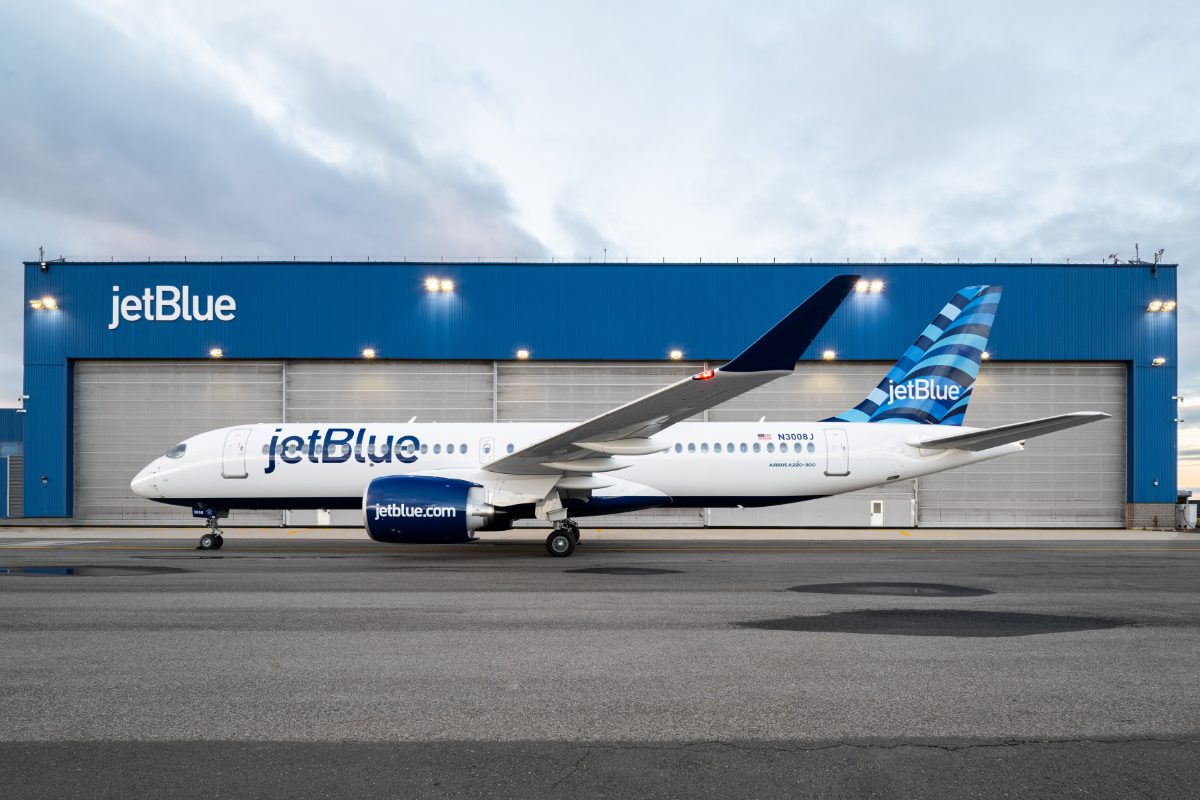Blackstone and Travelport had a tough year doing business in Iran
Skift Take
It was a tough year doing business in Iran for Travelport and TRW, both affiliates of The Blackstone Group.
Travelport enables travel agents to sell flight tickets for -- and provides e-ticketing services to -- Iran Air, the Iranian flag carrier and an airline that has been tied to support activities for Syrian tyrant Bashar al-Assad.
The Iranian regime, of course, is not a shining light on the hill in its own right.
Travelport also provides tech services to Iran Air Tours, a subsidiary of Iran Air.
In a March 12 financial filing, Travelport disclosed that its gross revenue from doing business in Iran in 2012 was a mere $127,000, and that's down from $231,445 in 2011. Travelport's global revenue in 2012 was more than $2 billion so its Iran revenue was paltry in terms of financial impact.
Travelport's net profit in Iran in 2012 was an insignificant $45,000.
Those numbers are hardly worth the flack that Travelport gets in articles like these and elsewhere about its Iran activities, but Travelport, which provides services to more than 400 airlines and airports around the world, has no intention of ceasing to do business in Iran.
Travelport says its activities in Iran are exempt from sanctions or are licensed by the U.S. Office of Foreign Assets Control.
"... We intend to continue these business activities, which are directly related to and promote the arrangement of travel for individuals," Travelport states.
Meanwhile, Travelport notes that it might be considered an affiliate of automotive parts supplier TRW, which also is owned by private equity giant Blackstone.
TRW notched $8.2 million in gross revenue in Iran in 2012 as the company did business with an agency of the Iranian government, the Industrial Development and Renovation Organization. TRW recorded net profit in Iran last year amounting to $377,000.
TRW states in a financial filing that its activities in Iran "were not prohibited by U.S. law at the time they were conducted..."
But, unlike Travelport, TRW has decided to withdraw from Iran.
A TRW spokesperson tells Skift: “TRW voluntarily started to wind down any sales which could go into the Iranian market from August 2011. The sales, in 2012, to vehicle manufacturers with activities in Iran, were not prohibited by U.S. law at the time. TRW’s subsidiaries have now discontinued these activities. The business does not intend to continue or enter into any other Iran-related activity.”




